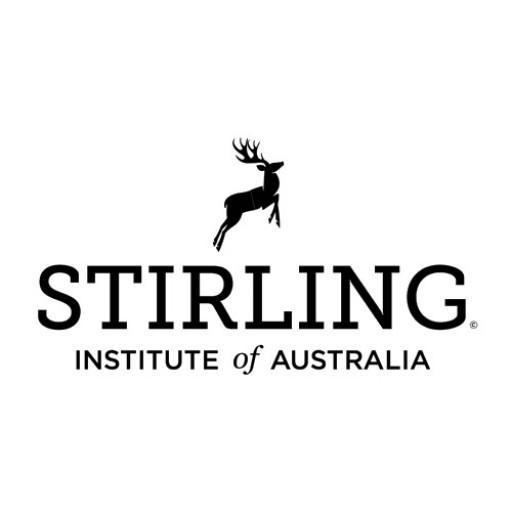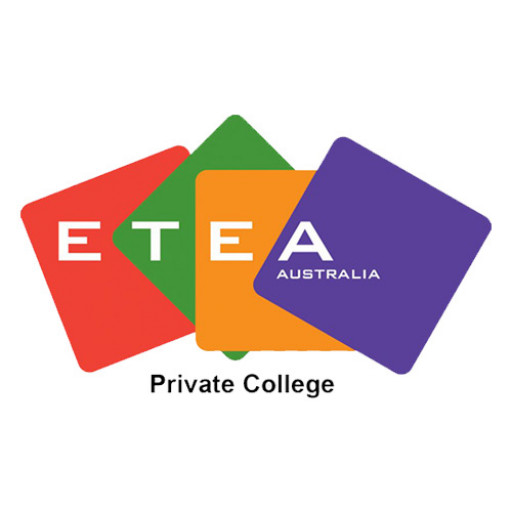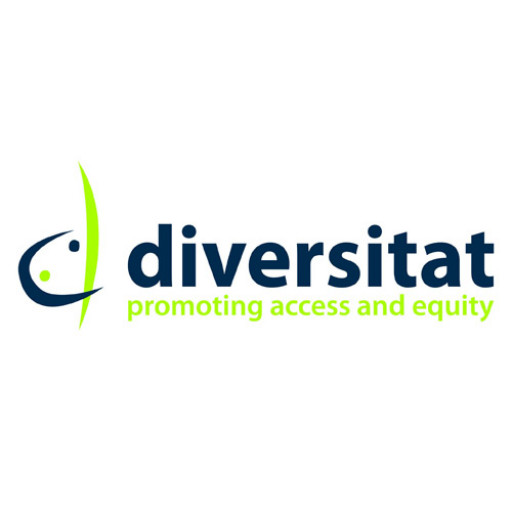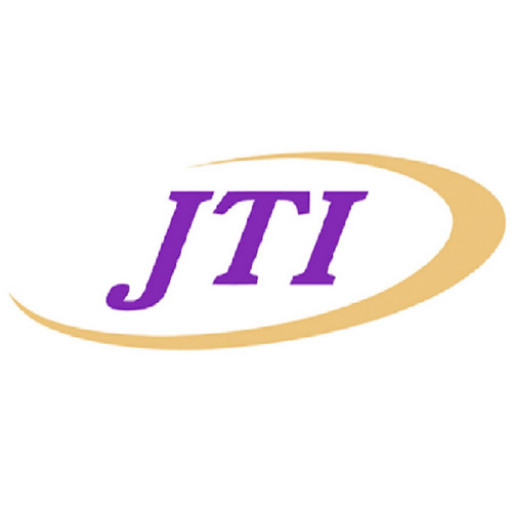This qualification reflects the role of workers in a range of community preferences and customers \u2019 homes, who provide training and support in a manner that empowers people with disabilities to achieve greater levels of independence, self-reliance, community participation and health. Workers promote a person-centred strategy, job without direct supervision and may have to oversee or coordinate a tiny team.To achieve this qualification, the candidate should have completed at least 120 hours of work as detailed in the Assessment Prerequisites of the units of competency.No law, legislative, regulatory or certification requirements apply to the qualification during publication.
ccess Disability program at Stirling Institute of Australia Pty Ltd is designed to equip students with comprehensive knowledge and practical skills to support individuals with disabilities in various contexts. This program covers a wide range of topics including understanding different types of disabilities, assessment and planning of support strategies, legal and ethical considerations, and effective communication techniques. Students will explore current practices and research in disability support, gaining insights into person-centered approaches and inclusive practices that promote independence and quality of life for people with disabilities. The curriculum combines theoretical learning with practical experience, providing students opportunities to engage in real-world scenarios through internships and community projects.
Throughout the course, students will study the social, psychological, and medical aspects of disability, enabling them to develop compassionate and evidence-based support plans. Particular emphasis is placed on understanding the rights and responsibilities of individuals with disabilities, as well as the legal frameworks that govern disability services, including national and international standards. The program aims to foster a deep understanding of diversity and inclusion, preparing graduates to work effectively in a variety of settings such as healthcare facilities, community organizations, educational institutions, and government agencies.
By completing this program, students will be able to demonstrate expertise in support planning, advocacy, and service delivery. They will be trained in cultural competency, ethical practice, and teamwork skills essential for working collaboratively with clients, families, and multidisciplinary teams. The program also offers specializations in areas like assistive technology, mental health, and rehabilitation, allowing students to tailor their careers to specific interests within the disability sector.
Graduates of the Disability program at Stirling Institute of Australia Pty Ltd will be prepared for employment as support workers, disability officers, case managers, or community service coordinators. They will possess the necessary skills to contribute positively to the well-being and empowerment of individuals with disabilities, fostering inclusive communities and promoting social justice. The program emphasizes lifelong learning and continuous professional development, encouraging students to stay current with evolving practices and policies in the disability field. Whether students are beginning their careers or seeking to advance existing roles, this program provides a thorough foundation to make a meaningful difference in the lives of others.
The Disability Program at the Stirling Institute of Australia Pty Ltd is designed to provide comprehensive education and training for individuals seeking to work in the disability services sector. The program curriculum encompasses a wide range of topics including an understanding of various disabilities, ethical considerations, person-centered approaches, and current best practices in delivering support to individuals with disabilities. Students are also trained in effective communication techniques, legal and regulatory frameworks, and the importance of cultural sensitivity and diversity in service delivery.
The program incorporates both theoretical coursework and practical components, aiming to equip students with the necessary skills to support people with different types of disabilities in various settings such as community, residential, and institutional environments. It emphasizes the development of critical thinking, problem-solving skills, and professional behavior. Students are required to complete a specified number of practical hours in real-world settings under supervision to ensure they gain hands-on experience.
Admission requirements typically include completed secondary education or equivalent, and participants must demonstrate a genuine interest in working with people with disabilities. The program duration is structured to allow full-time or part-time study options, with a typical length of six to twelve months depending on the chosen mode. Upon successful completion of the program, graduates receive a qualification that qualifies them for roles such as disability support worker, case manager, or community outreach coordinator.
Assessment methods include written assignments, case studies, practical demonstrations, and examinations. The program also offers opportunities for industry placements and networking with professionals in the disability field, facilitating employment pathways upon graduation. Throughout the course, students are encouraged to develop a compassionate approach, respect the dignity of clients, and adhere to ethical standards mandated by Australian disability support legislation. The curriculum is regularly reviewed to ensure alignment with contemporary practices and legislative updates, maintaining relevance and ensuring graduates are well-prepared to contribute effectively to the disability services sector.
The financing studies for the Disability program at Stirling Institute of Australia Pty Ltd primarily involve a combination of government funding, scholarships, student loans, and personal resources. The institute offers various support options to assist students in managing the costs associated with their education. Government funding may include FEE-HELP or similar loan schemes designed to reduce the upfront financial burden on students, allowing them to defer payments until after graduation when they are employed. Scholarships are available for eligible students based on academic merit, need, or specific criteria related to disability and community service, which can significantly offset tuition fees and other expenses. Additionally, students might access private financial aid through external organizations aligned with disability advocacy and support. Many students also rely on personal savings, family support, or part-time work to finance their studies. The institute encourages students to explore all available options, including government assistance programs and external funding sources, to make their education more accessible. International students may have different financing options, including student visas that permit working part-time within specified limits. The fee structure varies depending on the chosen course duration and mode of delivery, such as full-time or part-time study. Students are advised to consult the institute’s financial aid office directly for the most accurate and personalized information regarding their financial situation. The institute maintains transparency about tuition costs and provides clear guidance on the application processes for scholarships and loan schemes. Overall, the organization is committed to making education in disability studies accessible by providing comprehensive information about financial support systems, ensuring students can focus on their academic and professional development without undue financial stress.
The Disability program at Stirling Institute of Australia Pty Ltd is designed to equip students with comprehensive knowledge and practical skills necessary to support individuals with disabilities in various settings. The program covers a wide range of topics, including understanding different types of disabilities, communication strategies, assistive technologies, and ethical considerations in care. Students will learn about the social model of disability, promoting an inclusive approach that emphasizes removing barriers and fostering independence for people with disabilities. The curriculum often includes theoretical coursework complemented by practical placements, allowing students to gain hands-on experience in real-world environments such as community centers, residential care facilities, and healthcare settings.
Throughout the course, learners will explore the importance of person-centered care, developing personalized support plans that respect the preferences and needs of individuals with disabilities. Emphasis is placed on fostering empathy, patience, and cultural competence to ensure respectful and effective support. The program also addresses legal and policy frameworks governing disability services, empowering students to navigate compliance requirements and advocate for the rights of individuals they serve.
Graduates of the program are prepared for roles such as support workers, care coordinators, advocacy officers, and community outreach specialists. They will have foundational knowledge relevant to working with diverse populations, including those with physical, intellectual, sensory, or mental health disabilities. The course aims to promote a holistic understanding of disability issues, emphasizing the importance of inclusivity, accessibility, and social justice.
Students benefit from experienced instructors with backgrounds in healthcare, social work, and disability support. The institute ensures modern facilities and a supportive learning environment, fostering collaboration and professional development. The program is suitable for both entry-level students looking to enter the disability support sector and for those seeking to upgrade their qualifications. Upon completion, students typically receive a certification or diploma recognized within the industry, opening pathways to employment and further specialization.
Overall, the Disability program at Stirling Institute of Australia Pty Ltd strives to prepare compassionate, knowledgeable, and skilled professionals capable of making a meaningful difference in the lives of individuals with disabilities. The institute is committed to fostering an inclusive academic environment that reflects contemporary standards and practices in disability support services, aligning with national and international best practices.









